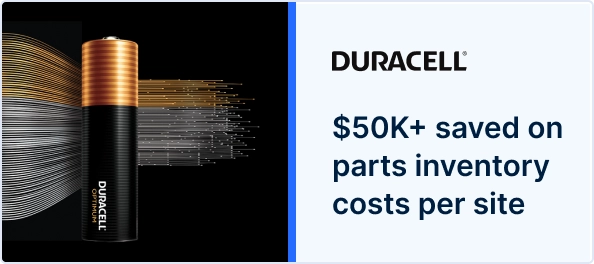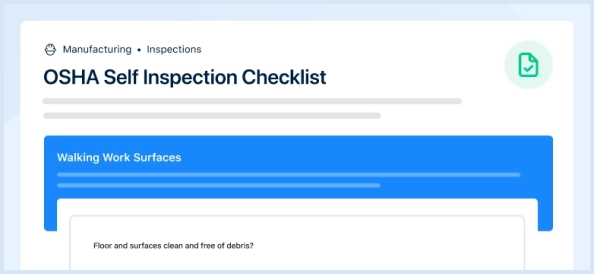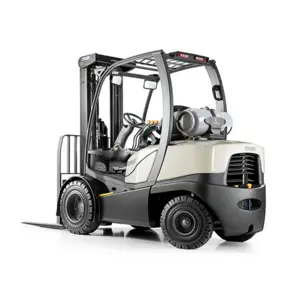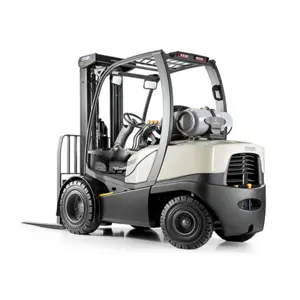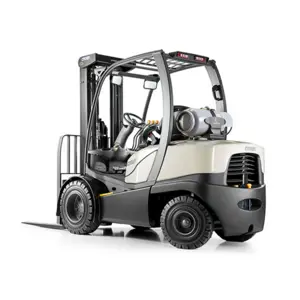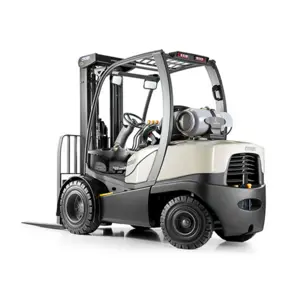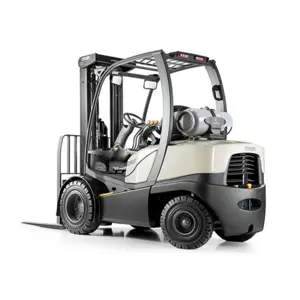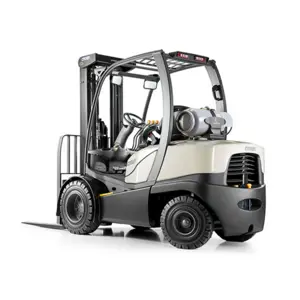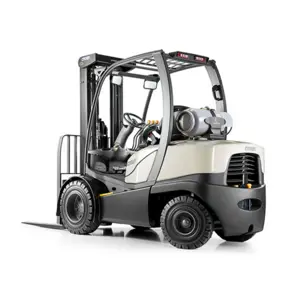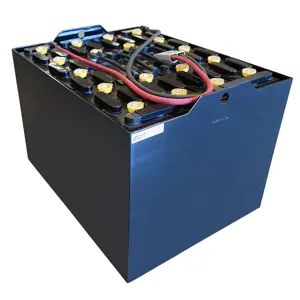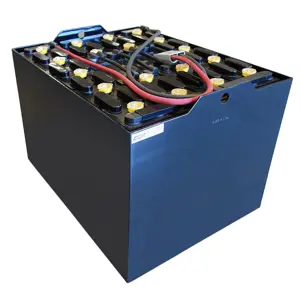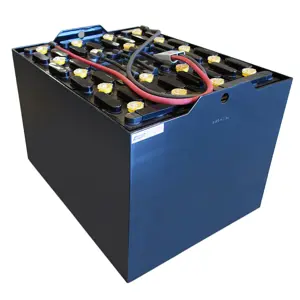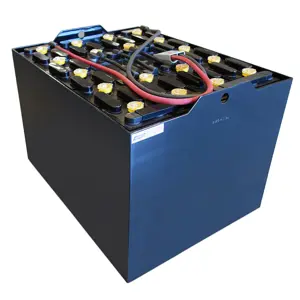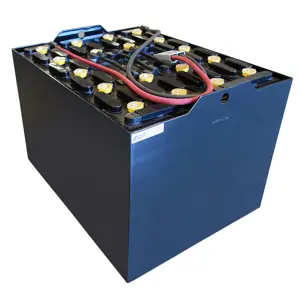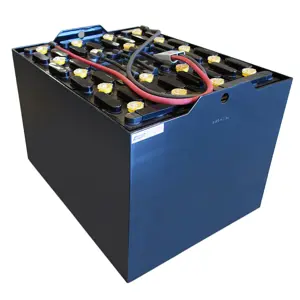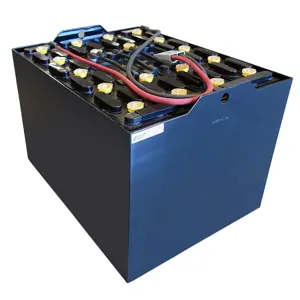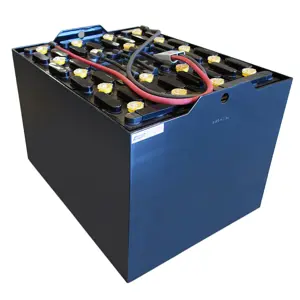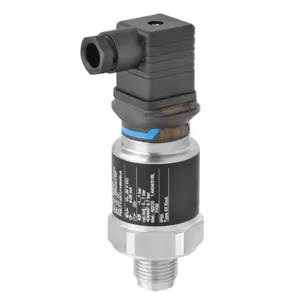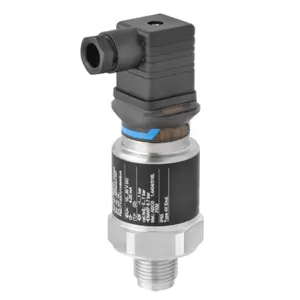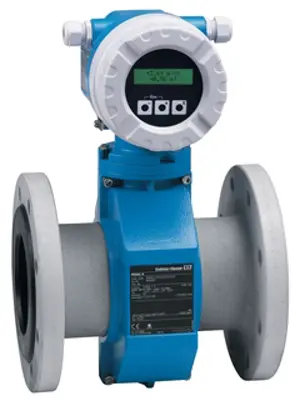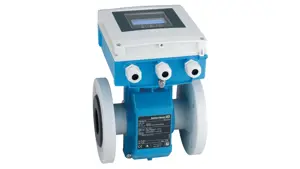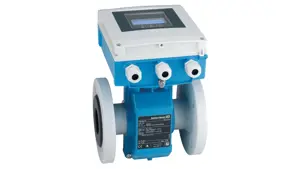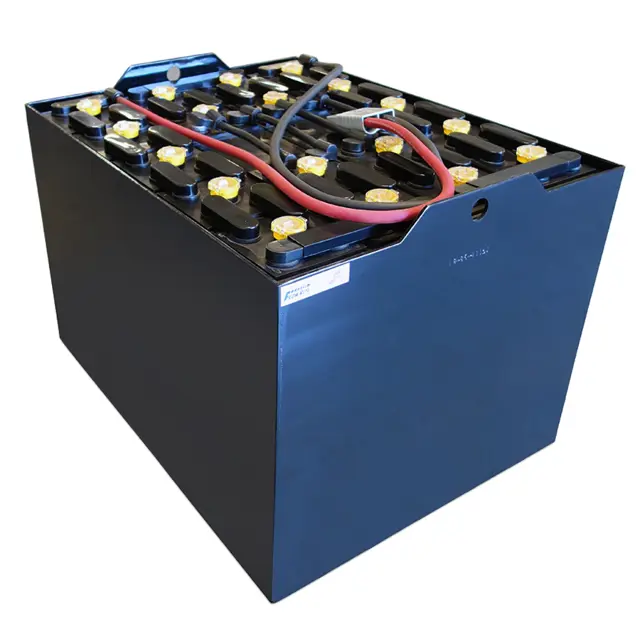

The Crown Battery 45S is a high-performance industrial battery designed for reliable energy storage and power supply. Known for its durability and efficiency, this model is ideal for various applications, ensuring optimal performance in demanding environments. Trust Crown Battery for your energy solutions.
Turn manuals into instant answers
with your AI-powered assistantTurn manuals into instant answers
with your AI-powered assistant
Manual for Crown Battery 45S
Complete asset maintenance, one click away
Get instant access to all the maintenance information you need. Empower technicians to perform preventive maintenance with asset packages, ready to use right out of the box.
Documents & Manuals
Find all the essential guides in one place.
Tensioning Guide
Belt-diagram
C-120 pulleys
+ 13 more
Work Order Templates
Pre-built workflows to keep your asset running smoothly.
Daily Electrical System Inspection
Replace Roller and Pulley
Install Engine B-120
+ 29 more
Procedures
Integrate maintenance plans directly into your work orders.
Motion Industries
Applied Industrial Technologies
Electrical Brothers
+ 5 more
Parts
Access the parts list for your equipment in MaintainX.
Drive Motor
B2 Rollers
Tensioning System
+ 40 more

Crown Battery 45S
Create an account to install this asset package.
Maintenance Plans for Crown Battery Model 45S
Integrate maintenance plans directly into your work orders in MaintainX.
3 Monthly Battery Cleaning
- To prevent corrosion and the resultant problems, batteries must be cleaned and dries routinely
Sometimes minor spills or overflows of electrolyte occur due to overfilling. Instead of giving the battery a general cleaning at this time, the moisture can be removed with rags or paper towels. (This should be immediately disposed of.)
The frequency of a general cleaning depends upon two factors:
1. How quickly dust, dirt, oil, and other foreign matter accumulates on the top of the battery, and 2. How quick the electrolyte spillage accumulates
When the top of a battery is "dirty" or looks damp, it is ready for a general cleaning. It could be as often as every two weeks or as infrequent as every six months, depending on the battery's environment and the care it receives. The average battery needs general cleaning every three months
To give a battery a general cleaning, use Powerhouse Cleaner's 3 Step Process (Corrosion Remover, Battery Cleaner, Rinse)
Powerhouse's Corrosion Remover was developed specifically for the removal of heavy corrosion and acid neutralization. For use, spray onto the corroded areas (will turn a rust looking color) and let sit for at least 10 minutes
Powerhouse's Battery Cleaner is a mixture of 2 parts cleaning detergent to 1 part acid neutralizer. Battery Cleaner is OSHA compliant and environmentally safe. For use, spray across the entire battery and let sit for at least 10 minutes
After the Corrosion Remover and Battery Cleaner have both sat for at least 10 minutes the battery can now be rinsed. The corrosion and acid should be neutralized and can be washed down the drain (note if lead pieces from the top of the battery are in the water they should be disposed of properly.)
Battery Test
- Test batteries using three testing instruments
1. voltmeter
2. hydrometer
3. thermometer
- The specific gravity and open circuit voltage readings are normally in direct proportion to each other; consequently, a voltmeter or hydrometer can be used to check the battery
- The use of the voltmeter is a faster method of approximating the individual cell state of charge and can reduce dramatically the time required for routine battery checking. When using the voltmeter method, take specific gravity readings on the two cells having the highest and lowest voltage readings
- This will confirm both cells state of charge and accurately pinpoint the difference in the state of charge between them. The voltmeter is used when on‐charge or on‐discharge voltage readings are needed
- A battery thermometer is read like a normal thermometer. A proper thermometer should have specific gravity correction marked on its scale
- The hydrometer has an extra‐long scale to make readings more accurate. For ease of correcting for temperature, the specific gravity corrections are marked on the scale of the thermometer. The cell tester (voltmeter) has a 1.5 to 3.0 volt scale and an easy‐to‐handle, one‐piece terminal probe;
Battery Repair
CAUTION: ONLY EXPERIENCED PERSONNEL SHOULD ATTEMPT BATTERY REPAIRS!
BEFORE PERFORMING ANY REPAIRS, REMOVE THE BATTERY FROM THE LIFT TRUCK. ALWAYS WEAR SAFETY GLASSES AND A FACE SHIELD WHEN WORKING ON OR NEAR BATTERIES
Battery age in years
Battery cycle life
Battery service history
Estimate repair costs
Estimate replacement costs
Decision
Upload a photo of the battery
Battery Capacity Test
Warning: This test requires trained personnel with PPE!
Battery fully charged?
Specific gravities at manufacturers specifications?
If not, adjust the specific gravities accordingly.
Battery cooled down to 75°F to 85°F?
If not, allow the battery to cool down before testing.
Battery discharged within 24 hours of completion of charging and acid adjustment?
If not, discharge the battery accordingly.
Any dead cells taken out of circuit?
Battery Maintenance
- Properly charge battery
- Add water as needed
- Clean as required
Effective Battery Maintenance:
As is true with any piece of industrial equipment, proper maintenance not only keeps it operating to its design specifications, but also helps prolong the equipments life. The following effective battery maintenance tips can help achieve the best performance out of your industrial battery
1. Maintain the proper electrolyte level. Avoid overfilling
2. Charge properly, check charger controls and instruments periodically. Calibrate meters as needed
3. Repair any damage promptly. Minor damage, if not repaired in a timely manner, can lead to major damage
4. Don't overcharge, many batteries deliver short service life from too much charge
Unlock efficiency
with MaintainX CoPilot
MaintainX CoPilot is your expert colleague, on call 24/7, helping your team find the answers they need to keep equipment running.
Reduce Unplanned Downtime
Ensure your team follows consistent procedures to minimize equipment failures and costly delays.
Maximize Asset Availability
Keep your assets running longer and more reliably, with standardized maintenance workflows from OEM manuals.
Lower Maintenance Costs
Turn any technician into an expert to streamline operations, maintain more assets, and reduce overall costs.
Thousands of companies manage their assets with MaintainX
















